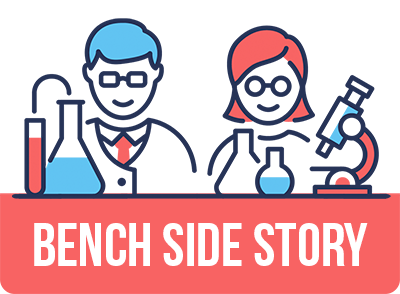RESEARCHER PROFILE (Filmed May 2024)
Associate Professor Brett Gordon, AEP
Associate Professor of Exercise Physiology
Head, Department of Rural Clinical Sciences
La Trobe Rural Health School
La Trobe University,
Victoria, Australia
Dr Brett Gordon is Associate Professor of Exercise Physiology and Head, Department of Rural Clinical Sciences in the La Trobe Rural Health School. Brett is an experienced accredited exercise physiologist, academic and researcher, and has been recognised with the award of Senior Fellowship with the Higher Education Academy.
Associate Professor Gordon’s research is aimed at determining the optimal methods of prescribing and implementing exercise as part of the health care plan for people with cardiovascular disease and diabetes. Specifically, he is leading work to determine if and how the components of exercise can be considered as a whole for prescribing exercise to generate health benefits. This is important to overcome the series of barriers that people living in rural and regional areas experience when trying to become active.
Assoc Professor Gordon is highly regarded and regularly invited to contribute to national and international forums for his research, teaching, and leadership activities. He currently serves on the Exercise and Sports Science Australia Research Committee and is a member of the editorial board for Scientific Reports.
Source: Supplied
* AEP is the acronym for Accredited Exercise Physiologist
You Might also like
-
Novel silk-based biomaterials for tissue engineering and regenerative medicine
Dr Jelena Rnjak-Kovacina is a Scientia Associate Professor and ARC Future Fellow leading a multidisciplinary group at the Graduate School of Biomedical Engineering, UNSW Sydney in Australia.
Her research interests are at the interface of biology and engineering, focusing on the development of biomimetic materials that direct cellular interactions for enhanced vascularisation and for the treatment of cardiovascular disease. In particular, she develops novel silk-based biomaterials and investigates how biomaterial properties translate to biological outcomes.
-
Professor Sandy Middleton
NURSING RESEARCH INSTITUTE, ST VINCENT’S HEALTH NETWORK SYDNEY, ST VINCENT’S HOSPITAL MELBOURNE AND AUSTRALIAN CATHOLIC UNIVERSITY
NEW SOUTH WALES, AUSTRALIA -
Dr Meghan McIlwain
DR MEGHAN MCILWAIN, CLINICAL RESEARCH MANAGER
PRESIDENT, THE NEW ZEALAND ASSOCIATION OF CLINICAL RESEARCH,
AUCKLAND, NEW ZEALAND



